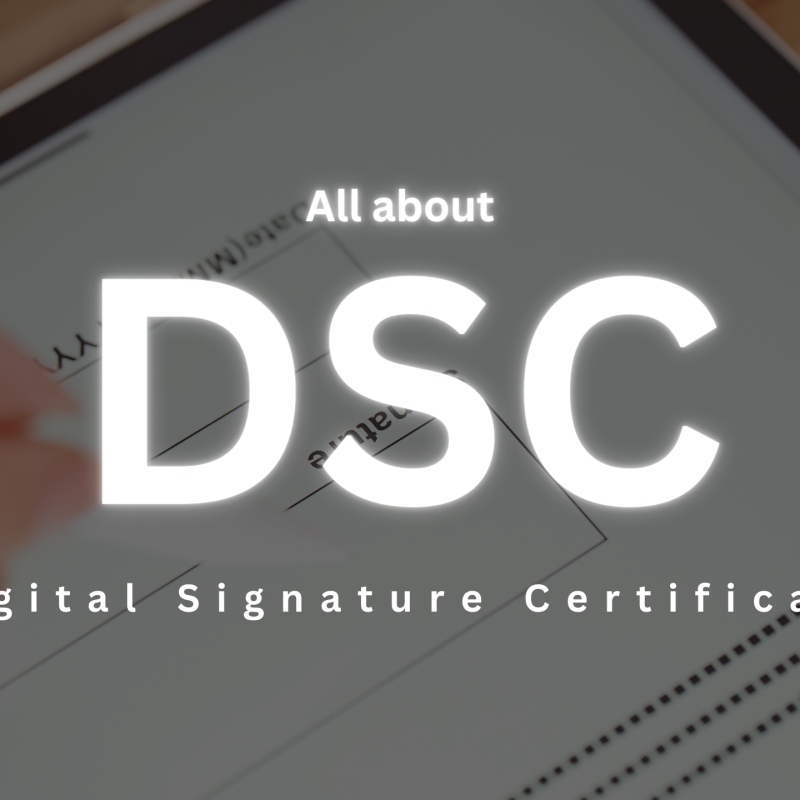In the corporate world, compliance with regulatory requirements is crucial to maintaining the legitimacy and reputation of a business. One such essential compliance for directors of companies registered in India is the DIN KYC. Understanding and adhering to DIN KYC requirements is vital for directors to avoid penalties and ensure the smooth functioning of their companies. This guide provides a comprehensive overview of the DIN KYC process, its significance, and the steps involved in filing it correctly.
Understanding DIN KYC
DIN KYC stands for Director Identification Number Know Your Customer. Introduced by the Ministry of Corporate Affairs (MCA) in India, it is an annual compliance requirement aimed at keeping accurate and updated information about company directors. The DIN KYC process involves the submission of personal and contact details of directors to the MCA to ensure transparency and prevent fraudulent activities.
Importance of DIN KYC
- Regulatory Compliance: Non-compliance with DIN KYC can lead to penalties and legal actions against the director and the company.
- Company Reputation: Ensuring that the director’s information is up-to-date helps maintain the company's reputation in the eyes of stakeholders and regulatory bodies.
- Efficient Communication: Accurate contact details facilitate timely and efficient communication between the company and its directors.
- Prevention of Fraud: Regular KYC checks help in preventing fraudulent activities involving directors by verifying their credentials annually.
Who Needs to File DIN KYC?
Every individual who has been allotted a DIN on or before the end of a financial year must submit their KYC on or before 30th September of the immediately next financial year. This requirement applies to all directors, including those who are active, resigned, or disqualified.
Due Date for DIN KYC
The due date for filing DIN KYC is 30th September of the financial year following the one in which the DIN was allotted. For example, if a DIN was allotted on 31st March 2023, the DIN KYC must be filed by 30th September 2024.
Consequences of Non-Compliance
Failure to file DIN KYC within the stipulated time can lead to:
- Deactivation of DIN: The DIN will be marked as 'Deactivated due to non-filing of DIR-3 KYC'.
- Penalties: A penalty of Rs. 5,000 may be imposed for late filing.
- Legal Actions: Non-compliance can attract legal actions from the MCA, potentially impacting the director’s ability to serve on company boards.
DIN KYC Process
The DIN KYC process involves submitting e-Form DIR-3 KYC to the MCA. The form requires various personal and contact details, including:
- Director Identification Number (DIN)
- Name
- Father’s Name
- Nationality
- PAN details
- Address
- Contact information (email and mobile number)
- Digital Signature Certificate (DSC)
Documents Required
- Director Identification Number (DIN)
- PAN Card
- Address proof (Aadhaar card, passport, etc.)
- Digital Signature Certificate (DSC)
Steps to File DIN KYC
- Obtain a DSC: If you don't have a DSC, obtain one from a certified authority.
- Gather Required Information: Collect all the necessary information for the DIR-3 KYC form.
- Fill the DIR-3 KYC Form: Accurately fill in the details in the form.
- Attach Documents: Attach the required documents in electronic format.
- Submit the Form: Digitally sign and submit the form through the MCA portal.
- Payment of Fees: Pay the prescribed fee (if applicable).
Important Points to Remember
- The DIN KYC process is mandatory for all DIN holders.
- Keep your contact details updated to avoid any issues.
- File the DIR-3 KYC form before the due date to avoid penalties.
- Maintain proper records of the DIN KYC filing.
Conclusion
DIN KYC is a crucial compliance requirement for directors in India. By understanding the process and adhering to the deadlines, directors can ensure that their DIN remains active and avoid any legal consequences. Proper and timely filing of DIN KYC not only helps in maintaining regulatory compliance but also safeguards the director's position and reputation.
FAQs
What happens if I don't file my DIN KYC on time? Failure to file DIN KYC on time will result in the deactivation of your DIN and a potential penalty of Rs. 5,000.
Can a deactivated DIN be reactivated? Yes, a deactivated DIN can be reactivated by filing the DIR-3 KYC form and paying the penalty fee.
Is DIN KYC mandatory for disqualified directors? Yes, DIN KYC is mandatory for all directors, including those who are disqualified.
What documents are required for DIN KYC? The required documents include your PAN Card, address proof (Aadhaar card, passport, etc.), and a Digital Signature Certificate (DSC).
Can I update my contact details through DIN KYC? Yes, you can update your contact details, including your email and mobile number, through the DIN KYC filing.
For more compliance-related services and queries, explore Company24.in or call us at +91 9216472424 to simplify your business journey. And join our WhatsApp community to get detailed regular updates.






